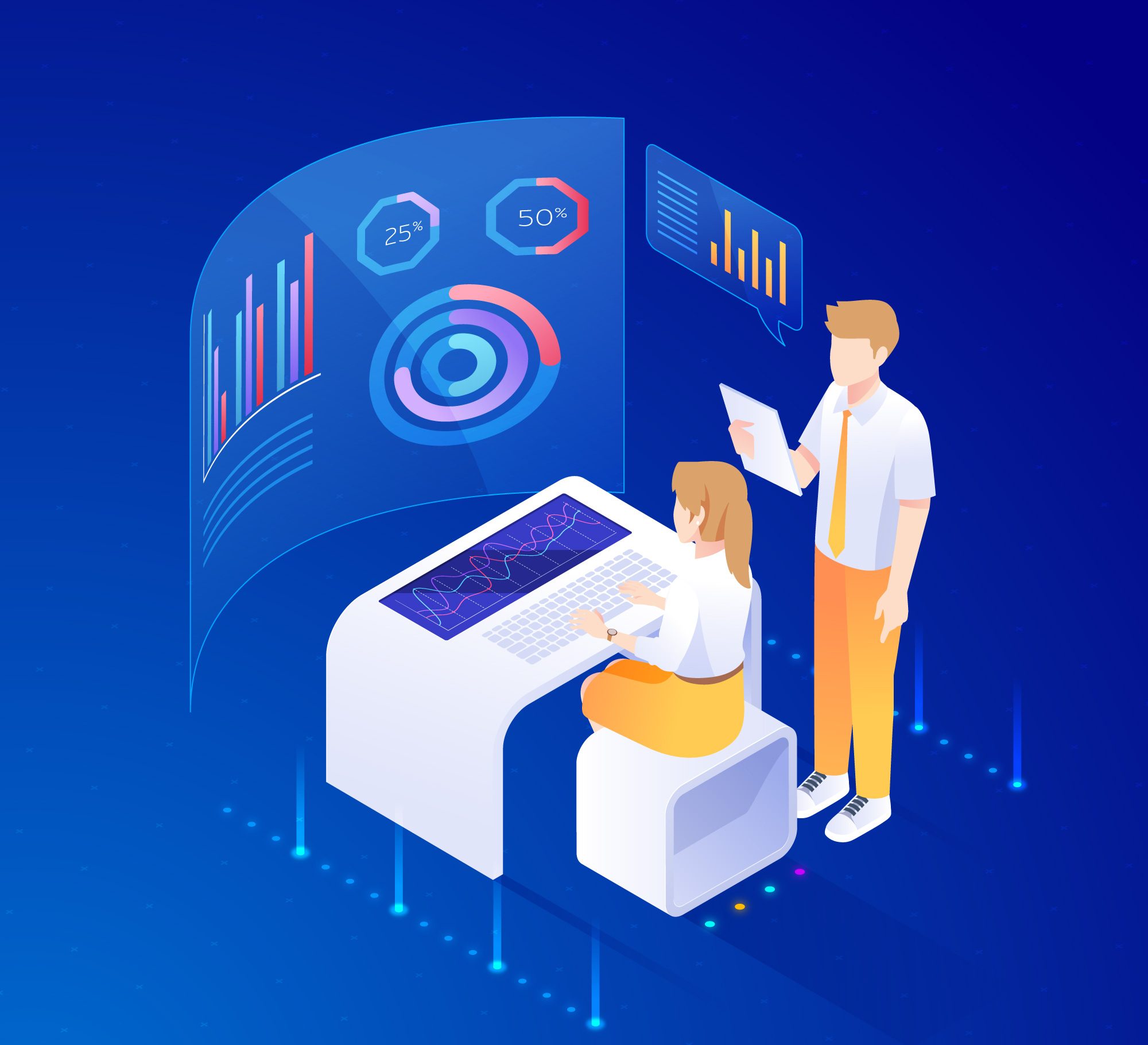The future of billing is set to undergo significant transformations as disruptions and emerging technologies reshape the industry. With the rapid evolution of digital payments and artificial intelligence, traditional billing is being revolutionized to enhance efficiency & customer experience. In this blog, we’ll explore the key trends and technologies driving the future of billing and what they mean for businesses and consumers alike.
1. The Rise of Automation in the Future of Billing
Automation is at the forefront of the future of billing, offering a range of benefits that streamline processes and reduce human error. Automated billing systems can handle complex tasks such as invoicing, payment processing, and reconciliation with minimal manual intervention. This not only saves time and resources but also ensures greater accuracy and compliance with industry regulations. As automation continues to advance, we can expect even more sophisticated systems that can adapt to changing business needs and customer preferences.
2. Blockchain Technology and Its Impact on the Future of Billing
Blockchain technology is poised to play a pivotal role in the future of billing by introducing greater transparency, security, and efficiency. Blockchain’s decentralized ledger system enables secure, tamper-proof records of transactions. Making it ideal for industries that require high levels of trust and accountability, such as finance and healthcare. By reducing the need for intermediaries, blockchain can also lower costs and speed up transaction times. As more companies adopt blockchain for billing purposes, we’ll see a shift towards more transparent and streamlined processes.
3. AI-Powered Predictive Billing
Artificial intelligence (AI) is another key driver of the future of billing, particularly in the area of predictive billing. AI-powered systems can analyze historical data and customer behavior to predict billing cycles, anticipate payment issues, and offer personalized payment options. This proactive approach not only improves cash flow management for businesses but also enhances the customer experience by providing more flexible and tailored billing solutions. As AI technology continues to evolve, we can expect predictive billing to become a standard practice across various industries.
4. The Integration of IoT in Billing Systems
The Internet of Things (IoT) is increasingly influencing the future of billing by enabling real-time data collection and billing automation. IoT devices, such as smart meters and connected appliances, can automatically track usage and generate accurate bills without the need for manual readings or estimations. This level of precision and convenience is particularly beneficial for industries like utilities, telecommunications, and transportation, where usage-based billing models are prevalent. As IoT adoption grows, so too will its impact on billing practices, leading to more efficient and customer-friendly systems.
5. The Shift Towards Subscription-Based Billing Models
One of the most significant trends shaping the future of billing is the shift towards subscription-based models. With the rise of digital services and the growing demand for flexible payment options, many businesses are moving away from traditional one-time billing in favor of recurring subscriptions. This model offers predictable revenue streams for businesses and provides customers with the convenience of regular, manageable payments. As the subscription economy continues to expand, companies will need to adopt agile billing systems that can accommodate a variety of subscription plans and pricing structures.
Conclusion
The future of billing is being driven by a range of disruptions and emerging technologies that are transforming the way businesses handle transactions. From automation and AI to blockchain and IoT, these innovations are paving the way for more efficient, secure, and customer-centric billing processes. By staying ahead of these trends, businesses can enhance their billing operations and deliver better experiences for their customers. For more insights on the future of billing and technology, visit Bedots.



